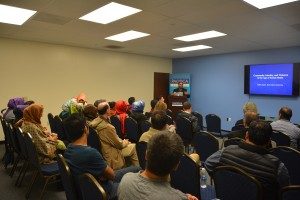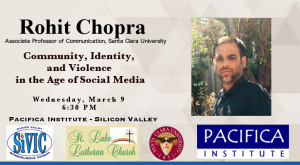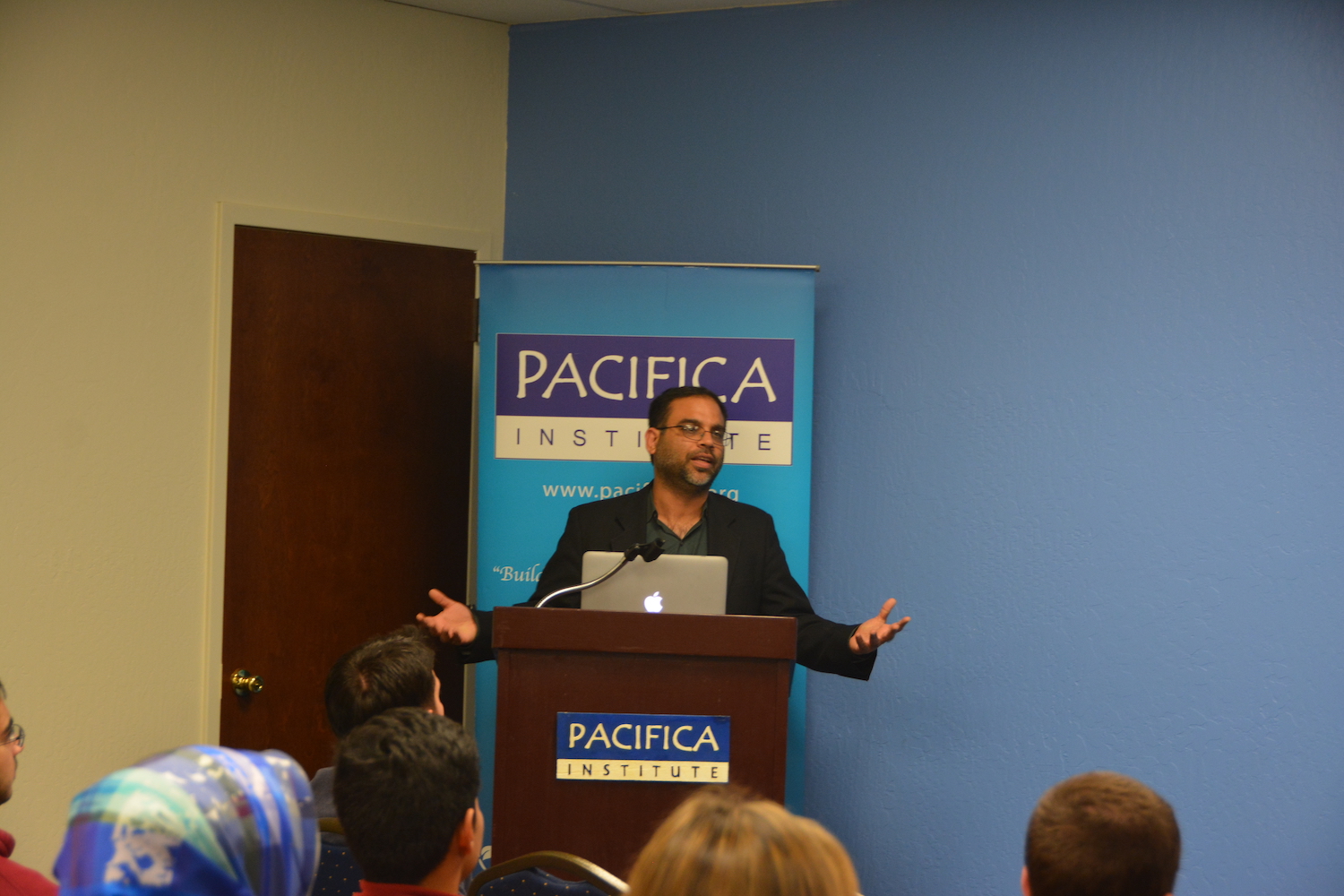My presentation examines the impact of social media in shaping memories of violence and notions of community. As scholars have argued, community and violence are deeply linked. Communities often define and assert their identity through invoking memories of acts of violence committed against their groups, whether by other groups or by governments or states. This is true for events such as the Partition of India, Holocaust, 9/11 terrorist attacks, or the dropping of the atomic bombs by the US on Hiroshima and Nagasaki. Typically the memories are shaped, preserved, and passed on by three sources: community and family; scholars, artistes, and other intellectuals; and governments. These memories are frequently contested, with community, scholarly, and official narratives often being at odds. In the present moment, social media becomes another source of shaping and recording such memories of violence and, consequently, ideas of community.

I argue that social media poses two kinds of challenges to records of violence and notions of community. First, it provides a platform and basis for questioning official, community, and scholarly narratives, And second, social media itself becomes a source of producing alternative narratives of memory. While such uses of social media can reflect a democratization of access and include voices that are often marginalized in important conversations about community and identity, they can also promote rumors and exacerbate divisions between religious, cultural, and national groups. Through an examination of the terrorist attacks of November 2008 (or ’26/11′) in Mumbai, I explore both the potential and pitfalls of social media in terms of its impact on community and identity. I conclude with a discussion of the broad political, social, and ethical implications of this phenomenon.
Rohit Chopra
Associate Professor of Communication, Santa Clara University.
Bio: Rohit Chopra is Associate Professor in the Department of Communication at Santa Clara University. His research focuses on the relationship between global media, including new media, and cultural identity and politics. He is the author of Technology and Nationalism in India: Cultural Negotiations from Colonialism to Cyberspace (Cambria 2008), co-editor of Global Media, Culture, and Identity (Routledge, 2011), co-editor of a special issue of the Economic and Political Weekly titled, “Reflections on Empire,” as well as author of several journal articles and book chapters. Rohit also writes on media, culture, and politics for a number of South Asian publications.


